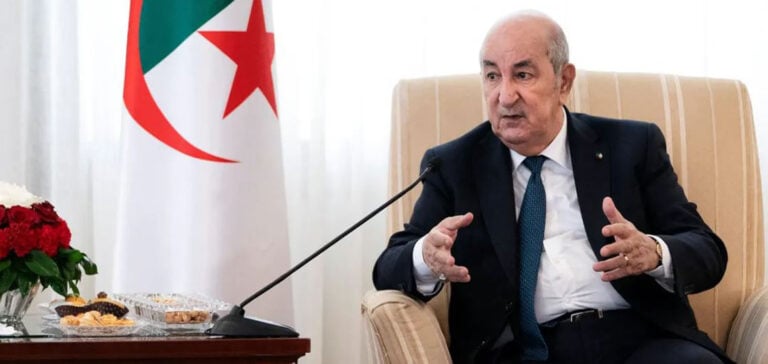Algiers, which had recalled its ambassador on March 19, 2022 in protest at Spain’s new stance in favor of the Moroccan autonomy plan for Western Sahara, has now requested the Spanish government’s approval for the appointment of a new ambassador. According to a diplomatic source, this approval should be granted in the next few weeks by the Spanish Council of Ministers.
The Spanish U-turn on Western Sahara
According to Spanish online media El Confidencial, diplomat Abdelfetah Daghmoum, former number two at the Algerian embassy in Madrid and ex-Algerian ambassador to Guinea, is to be the new Algerian representative in Spain.
Spanish Prime Minister Pedro Sanchez had decided to break with Spain’s historic position of neutrality on the Western Sahara issue to support the Moroccan autonomy plan. This decision angered Algiers, a long-standing supporter of the Polisario Front, and led to the decision to recall the Algerian ambassador in response.
Appointment of New Algerian Ambassador
In retaliation, Algeria suspended a friendship treaty signed with Madrid in 2002 and restricted commercial transactions with Spain, freezing banking operations between the two countries. This measure had a significant impact on several economic sectors, notably ceramics, agrifood and construction, with projects frozen and exports in freefall.
Economic consequences of the Diplomatic Scramble
The Western Sahara conflict, considered a “non-self-governing territory” by the UN in the absence of a definitive settlement, has pitted Morocco against the Polisario Front for decades. Rabat is proposing an autonomy plan under its sovereignty, while the Polisario is calling for a referendum on self-determination, provided for by the UN when a ceasefire was signed in 1991, but never implemented.
The appointment of a new Algerian ambassador to Spain marks a step towards resolving the diplomatic tensions that have persisted for over 19 months. The Western Sahara conflict remains a complex issue, with diverging positions between Morocco and the Polisario Front. The future of relations between Algeria and Spain in this context remains to be closely watched.






















